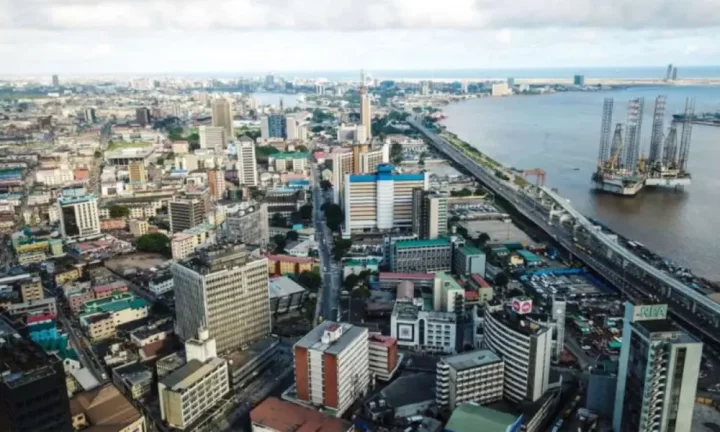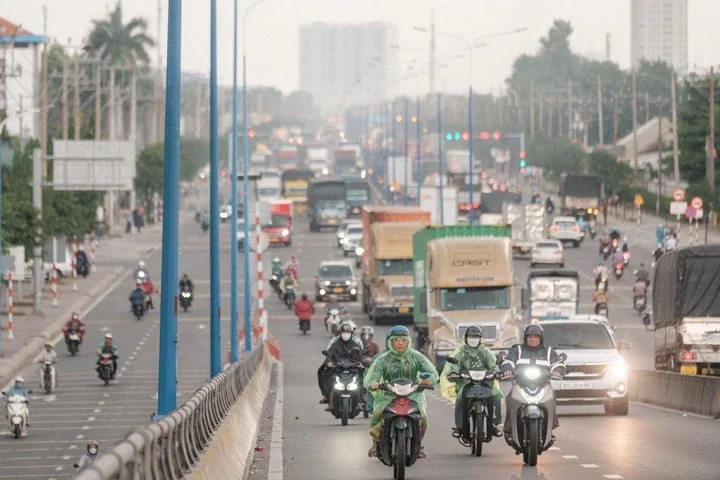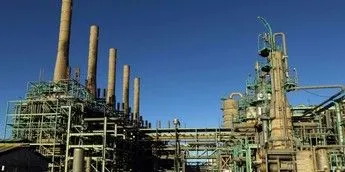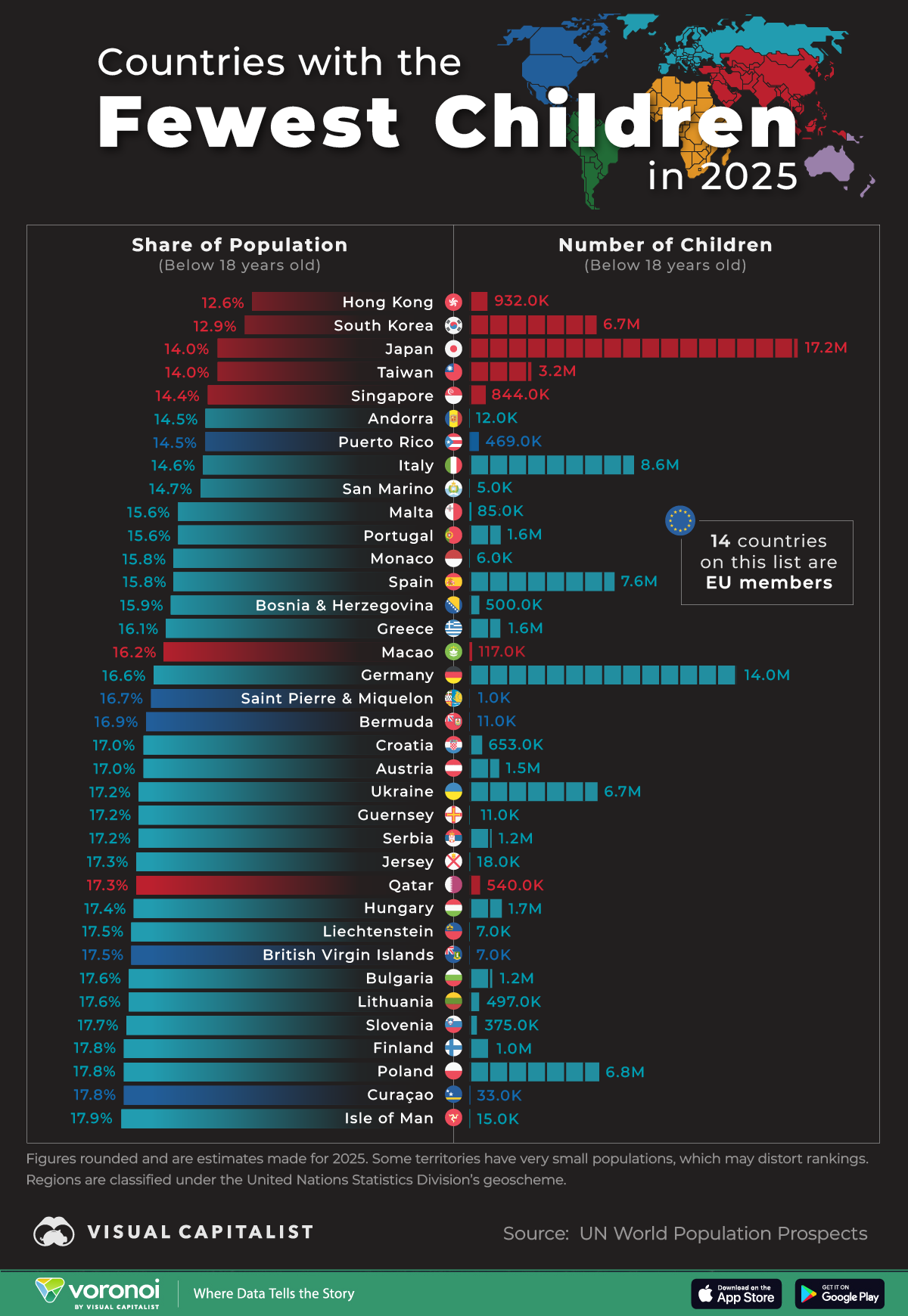
Lagos, Nigeria's commercial hub loses a staggering N4tn annually, attributed to profound traffic congestion.
This was revealed by a recent study conducted by the Danne Institute for Research, a not-for-profit trust with a mission to lead positive change in Africa through relevant and rigorous research.
The report, titled 'Behavioural Causes of Traffic Congestion in Lagos,' funded by the Bank of Industry and Africa Finance Corporation, stresses the urgent need for immediate intervention to mitigate the economic and social toll on residents.
As per the institute's discoveries, traffic congestion is not merely a daily frustration for residents of Lagos but also places a substantial economic burden on the city. The research suggests that the annual cost of traffic congestion in Lagos is approximately 4 trillion Naira.
According to the Executive Director of the Danne Institute for Research, Franca Ovadje the staggering loss could otherwise be directed toward vital sectors such as education, healthcare, and infrastructure development.
The report also revealed that Lagosians spend an average of 2.21 hours commuting daily, with 45 per cent spending more than two hours.
"Areas like Ajah, Etiosa, and Apapa bear the brunt, necessitating urgent measures such as nighttime road construction, creation of alternative routes during construction, and strict enforcement of traffic laws," the report noted.
It also identifies behavioural factors as the primary culprits, including poor road infrastructure, violation of traffic laws, activities of agberos at bus stops, and buses picking up passengers.

An Independent report by the International Centre for Investigative Reporting (ICIR) revealed that Agberos reportedly fleece the state of N123.078 billion annually in transport taxes collected from drivers of commercial buses, tricycles and motorcycles.
Franca Ovadje stressed that despite Lagos boasting a population of 21 million, the corresponding productivity is hampered by the debilitating effects of daily traffic jams.
The report identifies that doubling the population in developing countries should ideally yield a 5 to 6 per cent growth in productivity. This serves as a benchmark for understanding the substantial untapped potential that is hindered by the current state of traffic congestion in Lagos.
The report advocates for a comprehensive campaign against touts and corrupt traffic wardens as a crucial measure to reinstate discipline and order on the roads of Lagos.

















Comments